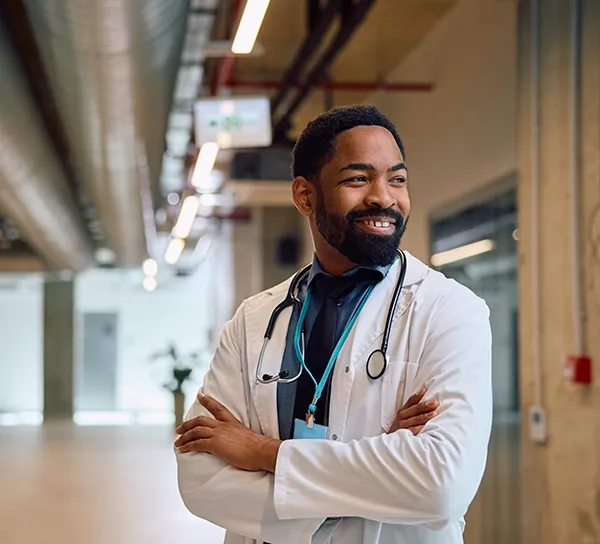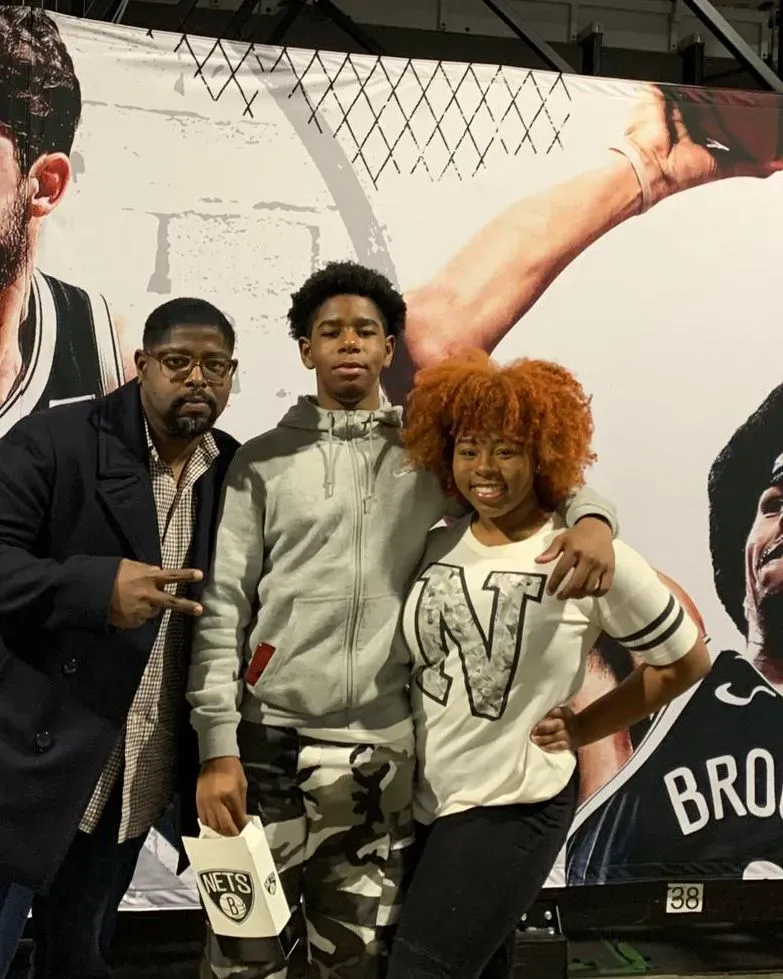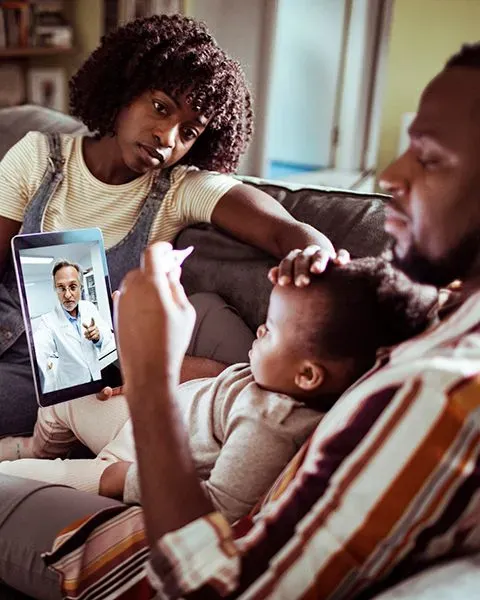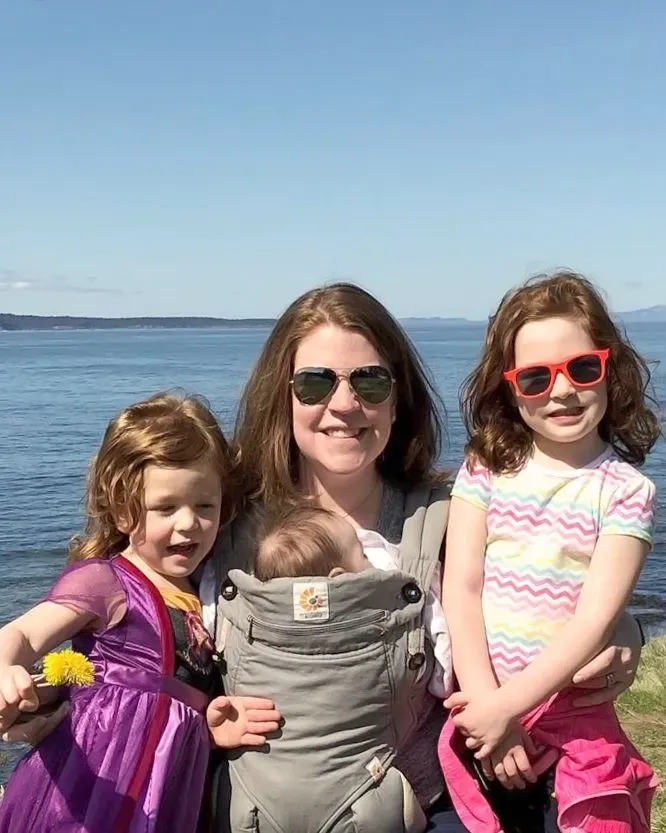
From South Dakota to LA: Doctor Shares Why Urban Medicine Suits Him
Physician says he has more support and the opportunity to specialize.
October 29, 2020
After nine years as a Primary Care physician in South Dakota, Dr. Samuel Nyamu was ready for something new.
In 2008, he arrived in Aberdeen, a city of 30,000, fresh off his residency in Nebraska. By this time, he’d already adjusted to living in the United States after a childhood in Kenya.
His years in South Dakota were the perfect training ground, he says, to develop his confidence and skills as a new doctor. Practicing in a rural environment meant he had a large scope of practice, often doing many of the visits and procedures a specialist would do in a larger city.
But after nearly a decade, he and his wife were ready for new challenges and sunnier skies. Every year, they’d taken their four children to Disneyland and enjoyed a week in the Los Angeles area. It was their happy place – somewhere they loved to go.
Dr. Nyamu worked with Provider Solutions & Development Senior Recruiter Sharon DiChiara, who helped him explore a position in northern LA, at Facey Medical Group - Mission Hills.
One year in, his children have adjusted, and he’s loving life and practicing medicine in a bigger environment.
“Medicine is the same, whether you’re in South Dakota or California, but the biggest thing I have now is the support of specialties,” Dr. Nyamu says. “Right next door, I have all the specialties I could think of – and it makes a big difference in the care I can provide. My patients have always come first and being able to improve that patient outcome means a lot to me. Everything feels easier.”
He still remembers how strange it was to move from Kenya to Nebraska, where he completed his residency.
“That was the toughest move, when we moved here from Kenya,” Dr. Nyamu says. “That was a huge change. Any move after that feels like nothing.”
At his residency interview during the Nebraska winter, he saw snow for the first time in his life, marveling at the swirls of white flakes blanketing the ground. He and his wife, also from Kenya, bought thick coats for themselves and their children and settled into life in the Midwest.
But he always knew he would eventually want to practice in a larger, metropolitan area.
Doctors who practice in more populous areas know there are definite benefits to urban medicine. Among them:
Support and resources: Medical specialists and subspecialists abound, thanks to a larger population base and nearby organizations providing medical services. Laboratories and institutes provide a technical base from which a clinician can obtain results of tests and other procedures, which aids in the diagnosis and treatment of illness.
An urban lifestyle: Big cities are all about options, diversity and convenience. Most destinations are within a 15-mile radius, allowing for a wide variety of interests and experiences. It’s easy to wake up and jog to the gym, have lunch at a French bistro, Uber to meet up with friends at an outdoor market, then head to a professional basketball game.
Opportunity to specialize: Many urban markets are extremely competitive, and making, building and maintaining a full practice can feel more challenging. Many physicians choose to specialize and focus on their one true passion in medicine. It allows them to be on the cutting edge of technology, assist with advancements in medicine and be an expert in one or two specific fields.
Dr. Nyamu says he has enjoyed the ability to specialize since he arrived in LA, as he has found a niche and much satisfaction in treating diabetes.
“I love working with patients with diabetes,” he says. “You can teach them how to manage their health, and boom, they turn around, they’re more active, they have hope, and they are waking up to life again! There is a lot of reward in that.”
What advice would Dr. Nyamu have for a new doctor deciding whether to practice in a rural or urban environment?
“At the end of the day, it’s about what you want to do, so follow your heart,” he says. “Some people are afraid to come to a big city, but after doing it myself, I feel like it has been a good experience. I don’t feel like I have to do everything. All around me, I have support.”
Additional Articles

Job Transition
How 2020’s Challenges Transformed One Doctor’s Life

Telehealth
One Doctor’s Journey Into Telehealth

Rural Medicine